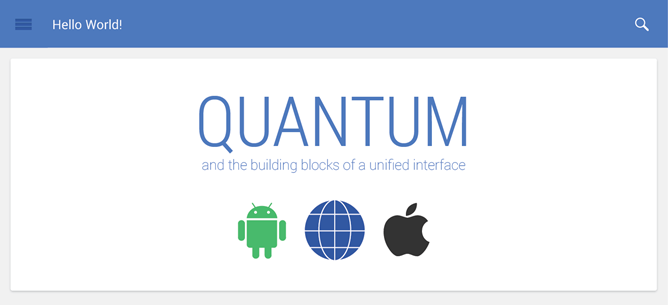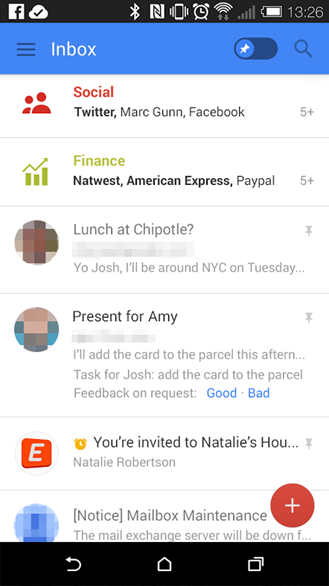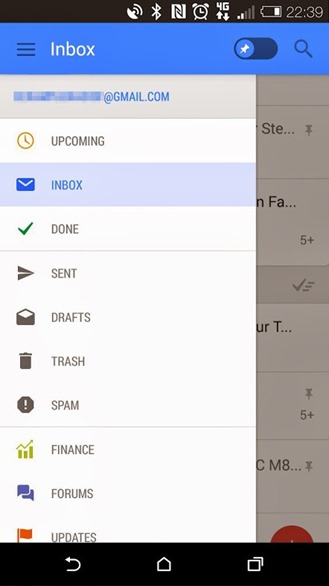Google I/O is right on top of us, so there’s Android changes incoming. New leaked screenshots give a preview of what we’ll see from Google this week.
In 2010, Google hired an aspiring young interface designer, Matias Duarte, to be the director of Android’s user experience. At that time, Android was famous for anything but its user interface and design. Starting with Android 3.0, Honeycomb, Matias began revamping the way everyone interacts with their Android smartphones, slowly changing and evolving into the Android 4.4, KitKat, that most high end Android devices today use.
With Google I/O happening this week, we are guaranteed to see some changes to the Android system, possibly even an entire version change to to an Android “L,” be it Lollypop, Lemon Bar, Lemonade, or Lorna Doones, although the past few version changes have occurred in the fall with the launch of the new Nexus phone, anything could happen at Google I/O.
Several changes to the look and feel of Android have already leaked this year, such as Project Hera, which unifies, or “marries,” parts of Google’s software and services with chromium HTML5 features. At the same time, Google is trying to make Android more attractive to developers.
Other than Project Hera, the other major boost the mobile operating system will get comes from the Android Silver program. When Android was young, before Matias Duarte came in, Android’s interface was so lacking that many manufacturers developed proprietary Android skins, which is the origin of the Android variants we have today, like Samsung’s TouchWiz, HTC’s Sense, Motorola had Moto Blur before opting for a more pure version of Android in the newer models since the Moto X came out.
Android Silver is rumored to be a component of Google’s efforts to establish more concrete design standards to unify the user experience across manufacturers. The other components of this are Quantum Paper and Polymer. Polymer serves as a sort of toolkit for developers to assist in easily building responsive interfaces. Several leaked screenshots showing off the modified Android design language in Quantum Paper, built with Polymer.

Quantum Paper and Polymer










